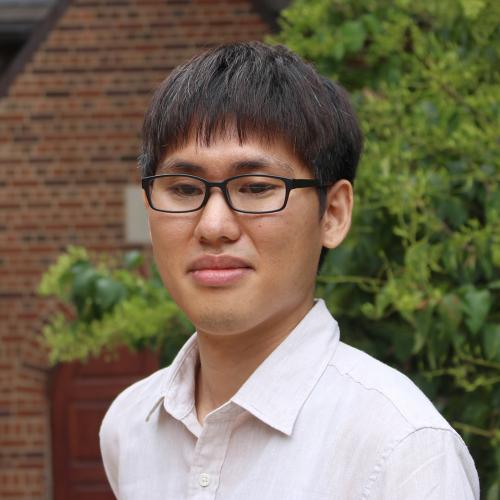The National Science Foundation (NSF) has awarded Assistant Professor JooYoung Seo a four-year, $459,000 grant to create inclusive learning environments and advance workplace equity for persons with disabilities in STEM fields. The project, "An AudioTactile Data System for Blind or Low Vision Faculty, Staff, Postdocs, and Graduate Students in Chemistry, Math, Computer and Information Sciences," will build on Seo's work in developing open-source tools that can augment visual charts into touchable (braille), readable (text), and audible (sound) representations. This multimodal approach leverages blind and low-vision (BLV) users' daily assistive technologies such as screen readers and refreshable braille displays.
"Given the scarcity of STEM scientists, researchers, and educators in our country, increasing opportunities for BLV individuals to use better data technologies is essential for their retention and advancement," said Seo.
The new research aims to develop and test software and hardware tools for BLV faculty, staff, postdoctoral research fellows, and graduate students in STEM fields. Using the tools, these users will be able to generate, identify, and manipulate digital data patterns and trends in chemistry, mathematics, computer science, engineering, and information sciences.
While single-line braille displays have been available for decades, multi-line braille displays are more recent and, as such, more expensive. According to Seo, the high cost of the newer displays has hindered widespread adoption in the BLV community. Seo's team will collaborate with the startup NewHaptics Corporation, which is using innovative air pressure actuation technology to produce affordable multi-line tactile displays.
"By combining our expertise in data science accessibility with their advancements in tactile display technology, we will create a more inclusive and interactive data science learning environment for BLV STEM professionals," he said.
Seo is an RStudio double-certified data science instructor and accessibility expert who is certified by the International Association of Accessibility Professionals (IAAP). His research focuses on how to make computational literacy more accessible to people with dis/abilities using multimodal data representation. He directs the (x)Ability Design Lab, which aims to advance inclusive (use)ability (UX) and (learn)ability (LX) to create inclusive (access)ability designed by, with, and for people with varying degree of (dis)Abilities. He earned his PhD from the Learning, Design, and Technology Program at Pennsylvania State University.
